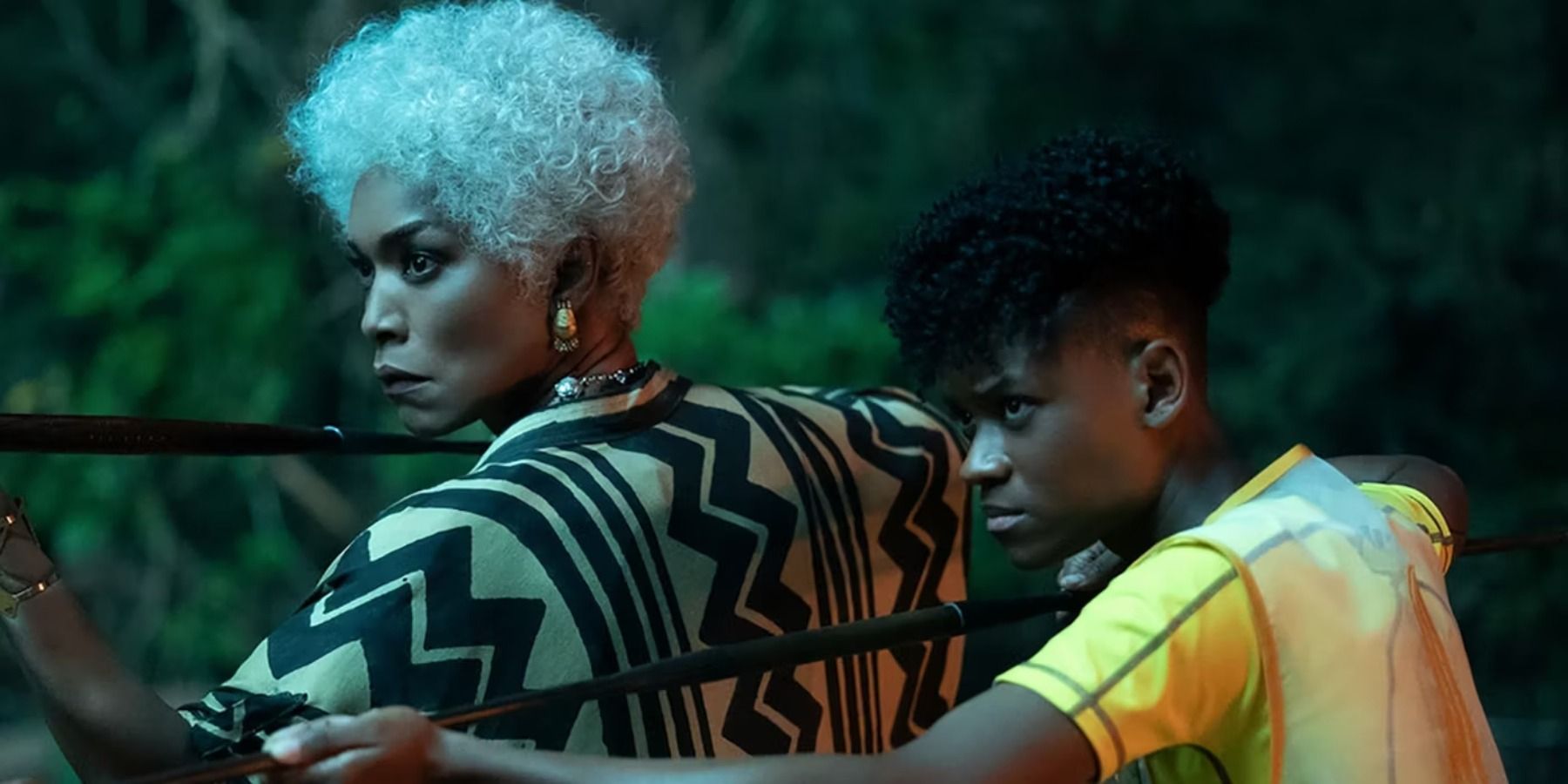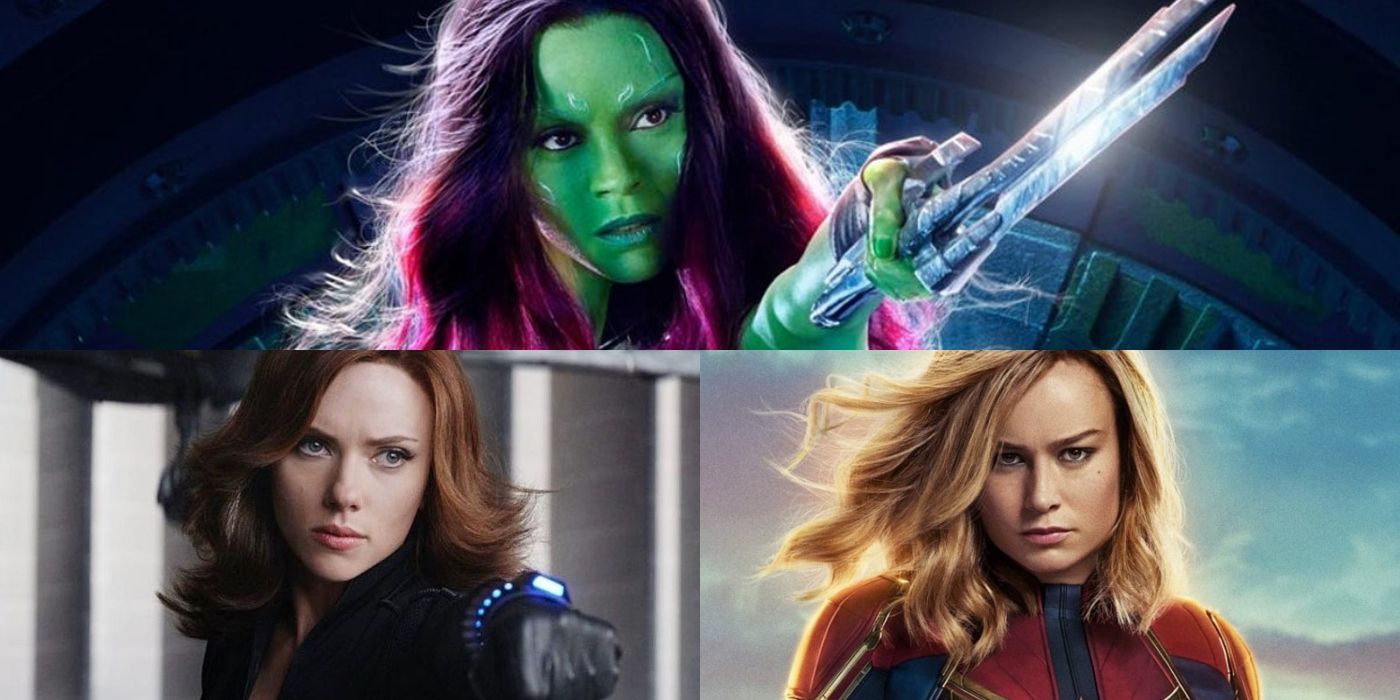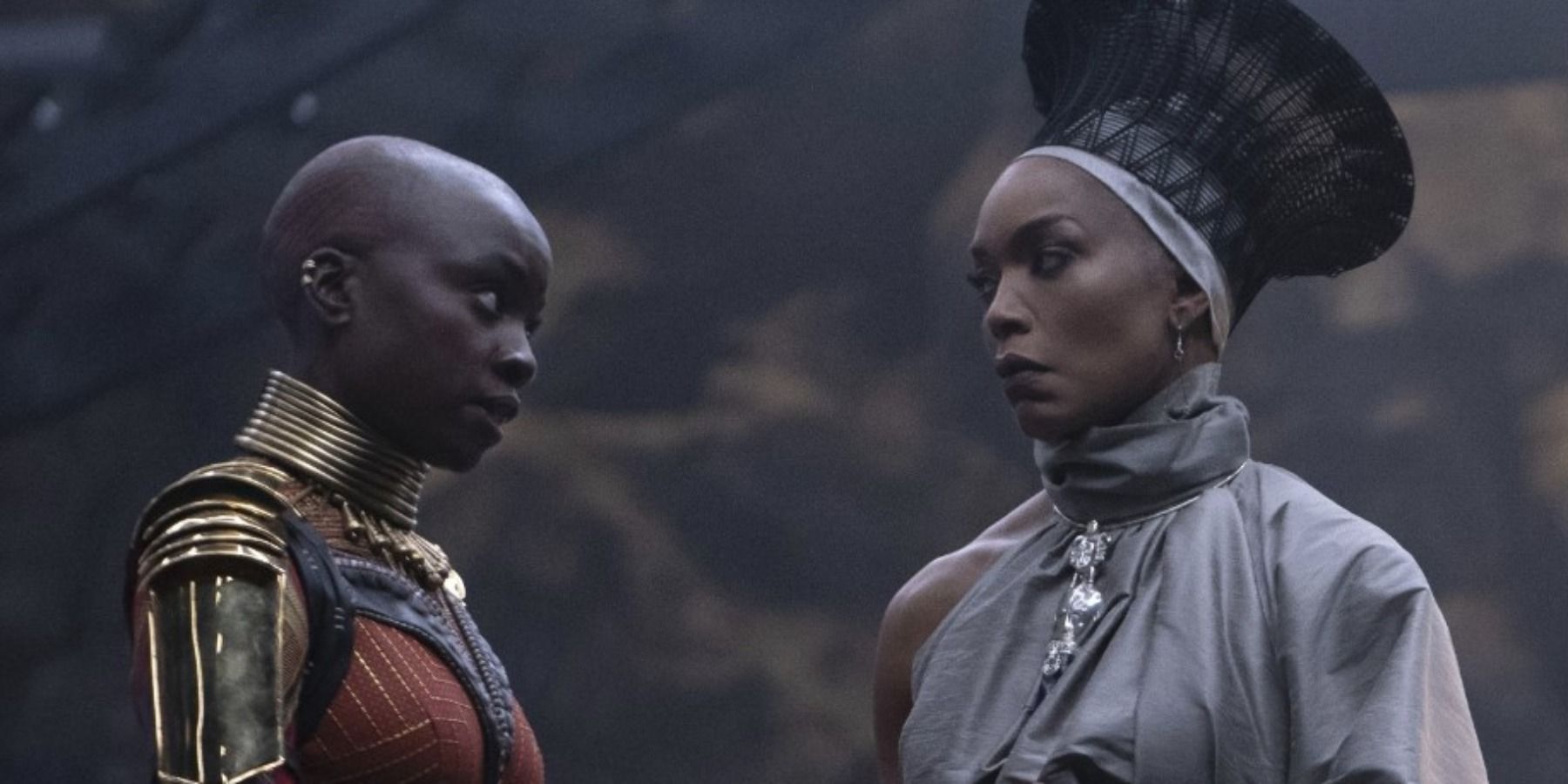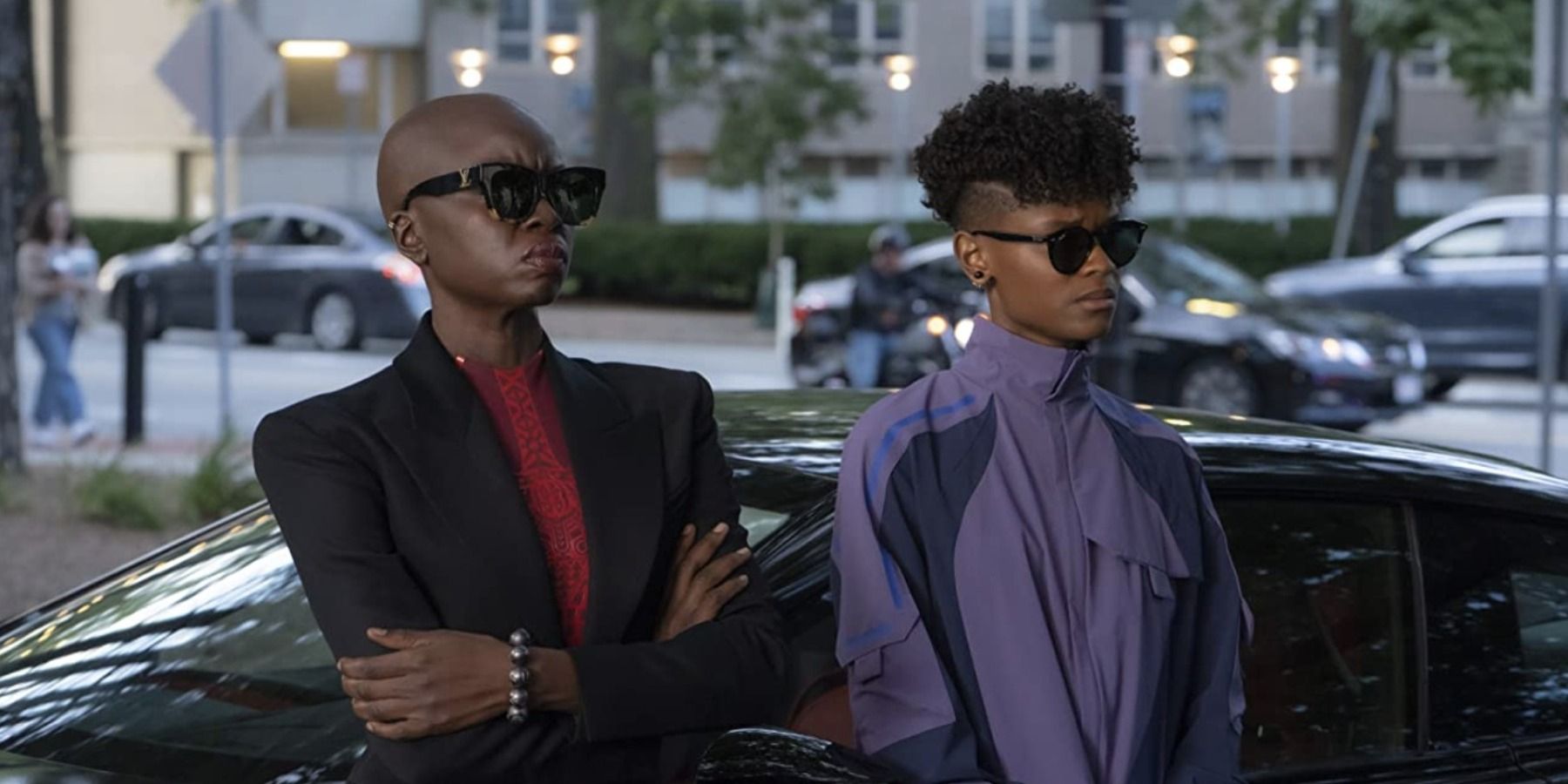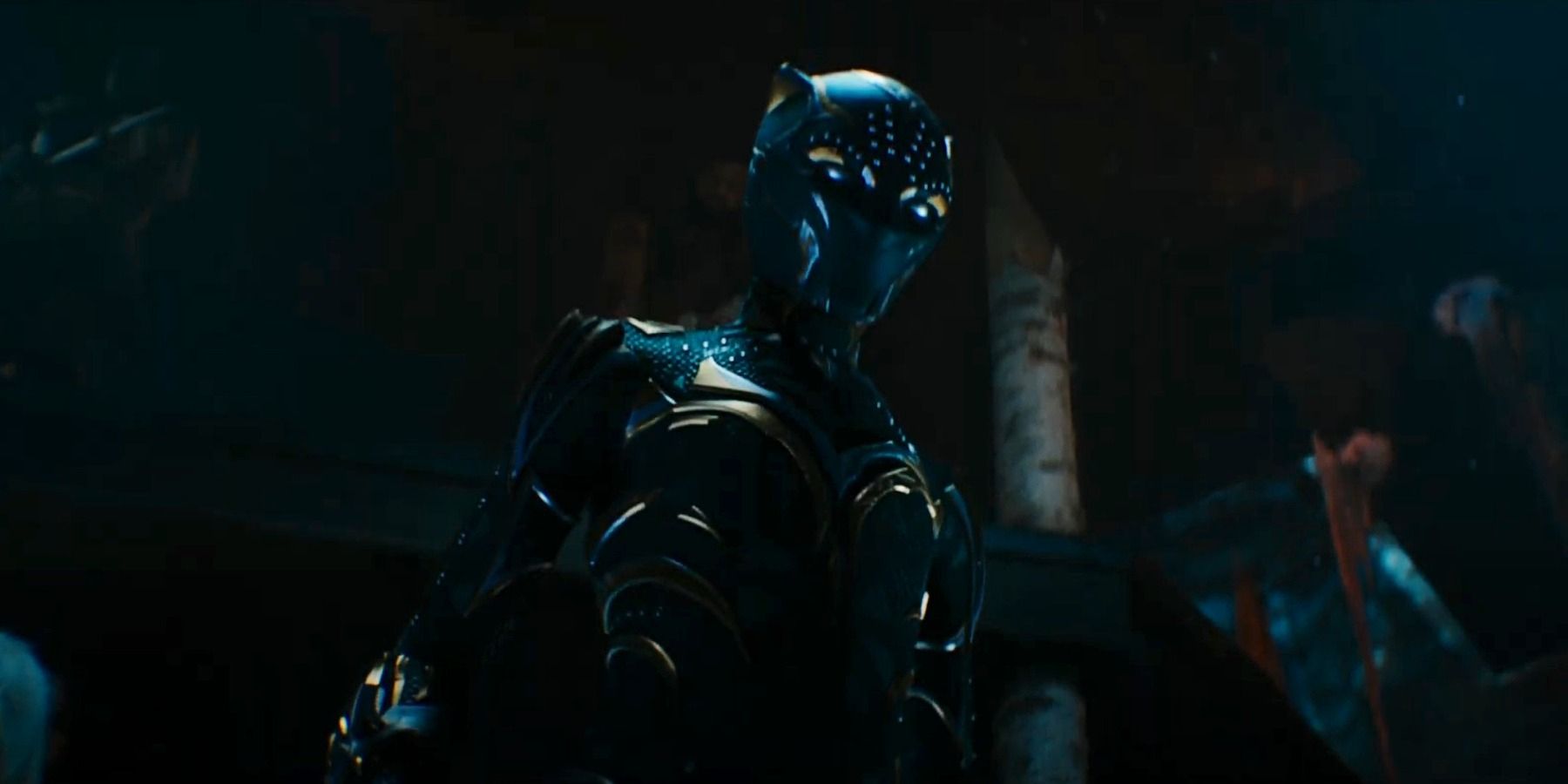The following article contains spoilers for Black Panther: Wakanda Forever.The MCU has often been accused of failing to do right by its women. Although Phase Four has seen Marvel Studios trying to course-correct that problem, Black Panther: Wakanda Forever actually succeeds at deploying the first full-fledged story arc for a female lead.
That’s because while Marvel’s past two years have greatly been focused on upgrading minor characters from the Infinity Saga, Shuri and the rest of the women from Black Panther get a more substantial examination thanks to Ryan Coogler’s writing. That this happens under the watch of a director more used to writing flawed male protagonists is rather ironic. Yet once the credits roll, few will doubt having Letitia Wright succeed Chadwick Boseman was the right call.
Marvel’s Problem With Women
At first glance, some of the MCU’s strongest women suffer from the burden of their own power. Such is the case for Captain Marvel, whose debut did great commercially, but whose script failed to give Carol Danvers any major struggles due to her being an overpowered member of the Avengers. It really wasn’t until WandaVision that fans got to see a thorough exploration of a female character’s psyche, this time as a grieving mother of sorts. Sadly though, most of the advances made with Wanda were undone in the Doctor Strange sequel.
Similarly, Natasha Romanoff’s evolution happened very slowly over the years. She went from an overtly sexualized femme fatale to the close friend whom Hawkeye and Bruce Banner were left to mourn. Black Widow could have helped fix that; unfortunately, it was possibly Marvel Studios' worst-timed movie.
Elsewhere, Ms. Marvel is only a teenager, so her series is actually a coming-of-age story. Meanwhile, She-Hulk's nature a comedy and the meta angle of the show’s finale pokes fun at the lack of real meaning in Jennifer Walters' character arc. Hawkeye’s Kate Bishop would then arguably be the MCU’s most realistic female lead; however, the comedic undertones, Holiday's theme, and her sharing the spotlight with an already underdeveloped Clint Barton deprives it of so much more.
Why Black Panther Is Different
Due to Boseman’s death, Wakanda Forever was forced to change this in a meaningful way by elevating Shuri and Queen Ramonda to a higher plane. Just like T’Challa had to win the throne and Black Panther title back from a usurper, Shuri must embark on a hero’s journey to save Wakanda from being erased off the map by Namor. It's a gripping plot made up of sorrow and true heartbreak for two women that have lost everything.
What made characters like Iron Man special was that fans got to see him evolve from an egocentric billionaire to a genuine team leader. The same goes for Steve Rogers' path from subordinate patriot into a more human symbol of virtue. For that to happen, these men are genuinely put through hell and back. And that's where Shuri goes in Wakanda Forever, a point that’s harshly driven home when Killmonger appears before her instead of her mom.
Black Panther Levels The Playing Field
It’s probably not surprising that the culture that glorifies the Dora Milaje warriors would be the one to do this for the MCU. Nevertheless, what makes Black Panther’s women so awesome is that at no point does Coogler need to remind the audience that these are super strong, independent women with no need for men. They are simply human beings that push past extraordinary circumstances — and happen to be women.
Shuri and Queen Ramonda are not the only ones that lose everything. The same goes for Okoye, who is dishonorably discharged, humiliated on the battlefield, and shamed for her husband’s treason. Early on, Angela Bassett’s performance in this film is getting all the praise, but Wright surely deserves the same plaudits. Both actors manage to channel a mixture of the pain they feel over losing a friend, and their respective characters’ own grief.
If the MCU’s women lacked genuine transformations, this is what happens to Shuri. She has to abandon the safety and familiarity of her lab to live up to her family’s legacy. But she doesn’t achieve this goal because she’s nearly perfect, like Captain Marvel. For that, she has to confront her own flaws. In order to become the Black Panther, she must accept that her entire way of dealing with T’Challa’s death was wrong. She has to acknowledge that there is value to the traditions she's neglected her entire life, and that she has one shot at becoming a Queen who rules for her people’s wellbeing, instead of being a vengeful monarch. Crucially, Wakanda Forever does all this without diminishing the role of its men. M’Baku, whose Jabari tribe is supposed to be the nation’s alpha male herd, is Shuri’s most reliable political advisor.
Admittedly, the film is far from perfect. Ironheart is seemingly the only one blessed with unbreakable plot armor. Wakanda Forever also doesn’t explore the rest of its cast, especially Nakia and M'Baku, with the same depth as the movie’s promotional run suggested. Regardless of that, when it comes to Shuri and Ramonda, it sure gives them some of Marvel’s most powerful moments.
WandaVision and Scarlet Witch were a great start for the MCU to fix some of its mistakes in building powerful female characters, a flaw that affects many of its male superheroes nonetheless. But if there's a definitive template for that moving forward, Wakanda seems to have won that innovation race as well.
Black Panther: Wakanda Forever is currently available in theaters.

